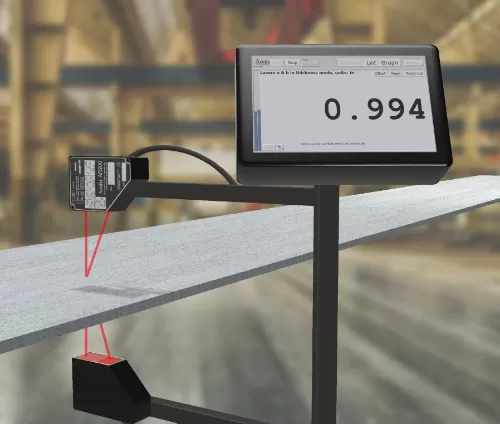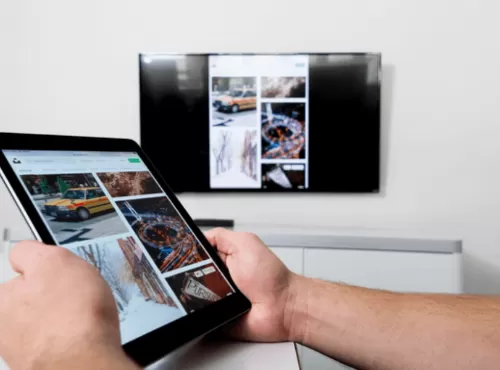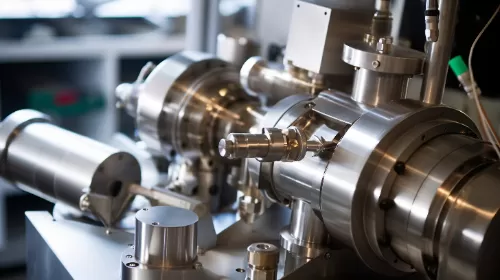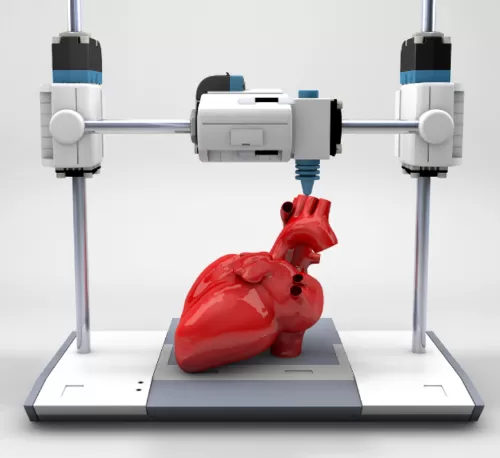The Ultimate Guide to Measurement Sensors: Precision, Efficiency, and Innovation
Measurement sensors are revolutionizing industries by providing accurate data for automation, quality control, and safety monitoring. From manufacturing to healthcare and automotive applications, measurement sensors are essential for improving efficiency and performance.

What Is a Measurement Sensor?
A measurement sensor is a device that detects and measures physical properties such as temperature, pressure, distance, humidity, or motion. These sensors convert real-world data into signals that can be analyzed and used for decision-making in various industries.
Key Benefits of Measurement Sensors
1. Enhanced Precision and Accuracy
Measurement sensors eliminate human errors by providing real-time, highly accurate data, ensuring consistent quality and performance in various applications.
2. Improved Efficiency and Automation
Businesses can automate processes with sensors, reducing manual labor, increasing productivity, and minimizing operational costs.
3. Real-Time Monitoring and Data Collection
Many measurement sensors provide instant feedback, helping industries track performance, detect anomalies, and make data-driven decisions.
4. Versatile Applications Across Industries
Measurement sensors are used in manufacturing, healthcare, aerospace, automotive, agriculture, and smart homes, making them a critical component of modern technology.
5. Increased Safety and Compliance
By monitoring environmental conditions and machine performance, sensors help prevent accidents, ensure regulatory compliance, and enhance workplace safety.
Common Types of Measurement Sensors
Temperature Sensors – Used in HVAC systems, food processing, and medical devices.
Pressure Sensors – Essential for automotive, aerospace, and industrial machinery.
Proximity Sensors – Detect object presence in automation and robotics.
Humidity Sensors – Monitor air moisture in agriculture and climate control systems.
Optical Sensors – Used in medical imaging, security, and manufacturing.
How to Choose the Right Measurement Sensor
Selecting the best measurement sensor depends on several factors:
Accuracy & Sensitivity – Choose a sensor that meets the precision needs of your application.
Environmental Conditions – Consider factors such as temperature, humidity, and exposure to chemicals.
Integration & Compatibility – Ensure the sensor works seamlessly with existing systems.
Response Time – Fast response is crucial for real-time monitoring applications.
Cost & Maintenance – Evaluate long-term affordability and ease of maintenance.
Are Measurement Sensors Worth It?
Absolutely! Businesses and industries that adopt high-quality measurement sensors experience greater efficiency, reduced operational costs, and improved safety. Whether you're automating production or monitoring environmental conditions, the right sensors can make all the difference.
Final Thoughts
Measurement sensors are shaping the future of technology by providing accurate and reliable data across industries. If you're looking to optimize operations, improve precision, and enhance safety, investing in the right measurement sensor is the way to go. Explore cutting-edge sensor solutions today and stay ahead in the digital age!

Market Analysis and Recommendations for Screen Mirroring Software in the US

Exploring the World of Artificial Intelligence (AI) Solutions

The Ultimate Guide to Measurement Sensors: Precision, Efficiency, and Innovation

5 Creative Ways To Use Photo Prints Beyond The Frame For Home And Gifts

Robots with Empathy Can Machines Really Understand Feelings

The Benefits and Importance of Solar Panels

Harnessing the Power of AI in Cybersecurity and Beyond







